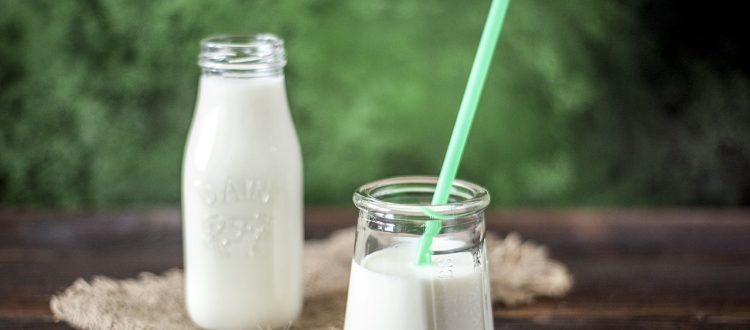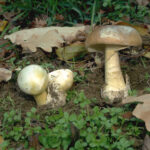
The Food Safety Information Council today released advice about fermenting food and drinks at home.
Council Chair Cathy Moir said that, with the popularity of fermented food and drinks such as kombucha, yoghurt, cheese, sour cream, salami, soy sauce, sourdough bread, sauerkraut, tempeh, kimchi, kefir and fish sauce, many people are trying to ferment food at home.
‘While the fermentation process preserves food and adds different flavours, aromas and textures, the process can come with some food poisoning risks if not done correctly.
‘Many microorganisms are already present on food; but only some are desirable because they can start the fermentation while others are risky as they cause spoilage and food poisoning.
‘Vegetable foods fermented at home can sometimes rely on the activity of microorganisms naturally present on the raw food, for example, cabbage in sauerkraut. On the other hand, the bacteria used to ferment milk to make yoghurt and cheese or the yeast used in bread making have been purified and are available commercially as purified dried preparations called “starter cultures” either alone or in kits.
If you are fermenting food and drink at home follow these food safety tips:
- If you or someone in your household is pregnant, elderly or has a poor immune system, home fermented foods aren’t suitable because microorganisms that can make you sick may be present in the food or drink and survive the fermentation process. Manufactured fermented foods are a safer option as they are prepared under strict processing conditions and may be pasteurised. Additionally, fermented drinks such as kombucha can easily undergo a ‘secondary’ fermentation that produces alcohol to a level that would classify it as an alcoholic beverage.
- Choose reliable recipes and follow any instructions exactly, including how long the fermented food or drink may last. Label when you made the food so you don’t keep it for too long.
- Don’t use previously fermented foods to make the next batch, for example using some of your last batch of yoghurt to start the next. This is known as ‘back slopping’ and can reduce the effectiveness of the starter culture and allow bad bacteria to grow. This may not apply to all fermented products such as sourdough, kombucha and kefir starter cultures.
- Use good quality fruit and vegetables and make sure they are clean. Only use pasteurised milk in dairy products.
- Do not try to ferment meat, poultry or fish at home. This is highly risky, shop bought fermented meats are prepared under stringent conditions.
- If you have chemical allergies or sensitivities or if you have to avoid biogenic amines you need to check with your doctor as to whether the fermented foods you plan to create are safe for you to consume.
- Prepare your fermented foods in clean and sanitised containers that aren’t cracked or broken. Glass and food grade plastics that are not cracked or damaged are recommended. Do not use metal (other than food grade stainless steel) as it may react with the acidic products. Washed, new metal stainless steel buckets can be used and reused. Do not use ceramic containers, which might contain lead or garbage bags or bins to carry out the fermentation process.
For more information see our fact sheet fermenting food at home
Media contact:
Lydia Buchtmann, Food Safety Information Council, 0407 626 688 or info@foodsafety.asn.au



